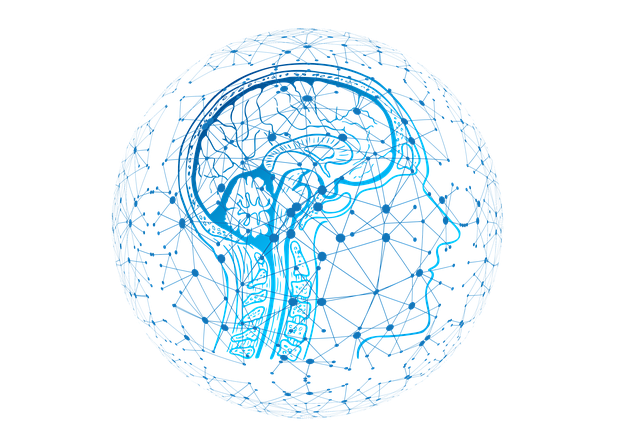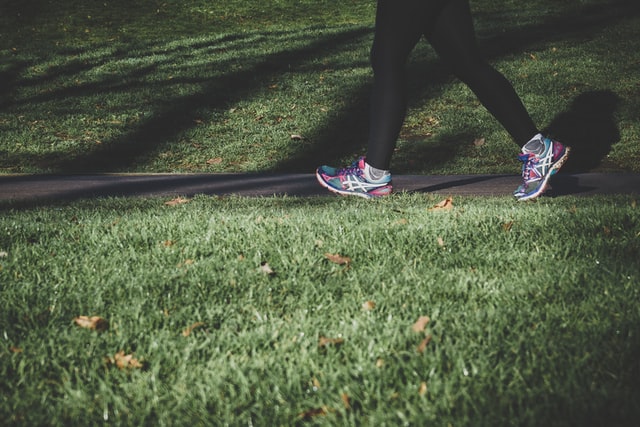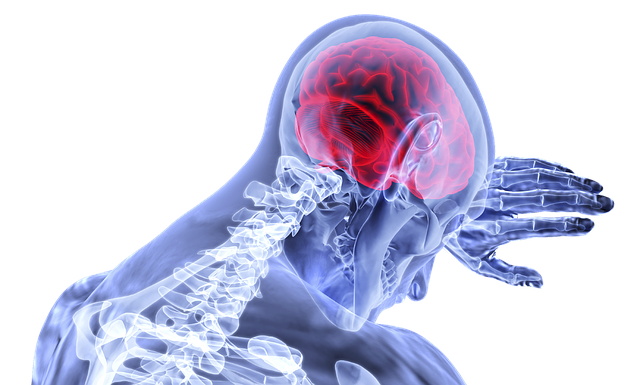Does it ever feel like your brain and your body are hopelessly disconnected? How about when your body wants to indulge on sweets but your brain tells you that you shouldn’t? Or when you know you need to sleep but your brain insists on keeping you awake at night? I’m intimately familiar with both of those scenarios!

But despite their differences, your brain and body are actually more connected than you probably realize. In fact, your brain health is very much dependent on regular physical activity. If you are a sedentary person, chances are that your brain will eventually be negatively affected by your lifestyle.
Research shows that regular exercise can boost blood flow to the brain and improve memory. But too much exercise can actually contribute to chronic inflammation, which can harm the brain. That’s why a good balance is important. So, how can you know if you’re doing it right? Here are some of my favorite tips for when and how to exercise for optimal brain health.
[insert page='Offer' display='content']
When To Exercise
If you like to hop into your Yoga pants and work up a sweat at midnight, I have some bad news for you. It’s possible that you could be negatively affecting your brain’s natural cycle that’s referred to as its circadian rhythm. Though it sounds super mysterious, your circadian rhythm is just your internal clock. It regulates your sleep-wake cycle and is controlled by your brain. If you consistently rev up your body at midnight, your brain will start thinking that midnight is the time to be awake instead of to sleep. How confusing is that?

To obtain optimal brain health and ensure that your circadian rhythm functions properly, most health gurus, sleep experts and regular Joes will tell you that morning is the best time to hit the trail or the gym. When you work out in the morning, your pumping blood and increased physical movements signal to your brain that it’s time to wake up and greet the day! Here are some of the top benefits a morning workout can provide:
Of course, morning workouts may not be possible for everyone. If you are unable to exercise soon after you wake up, don’t worry too much. No matter what time of day you exercise, your brain will still benefit from the increased blood flow and release of feel-good hormones that exercise provides. Just try not to work out at or right before bedtime, since doing so can make it difficult to sleep.

How To Exercise
Now that you know when to exercise for optimal brain health, let’s talk about how to exercise. Aerobic activity is especially good for brain health, but it doesn’t have to be super strenuous. When some people think of aerobics, they envision painful, high-intensity workouts that leave you dripping in sweat. But the word “aerobic” simply means “with oxygen”. It refers to any type of activity that provides cardiovascular conditioning.
An aerobic workout can be as simple as a brisk 20-minute walk or as complicated as a fun and energetic gym class. The key is to find an intensity that works for you and that provides you with the greatest benefit both physically and mentally.

When you first begin an aerobic exercise, start slow and steady. Trust me, if you don’t, you’ll probably end up with very sore muscles and achy joints. If you want to join a marathon one day, you can work up to that over time. Take care of your body, and your body will do its best to take care of you!


Thank you for this information. Unfortunately I had a major stroke which has left me with left side weakness meaning that I’m unable to do exercise. I walk very slowly with a walking stick. I also fell and broke my left ankle in 3 places and still have quite a considerable amount of pain. I’ve also put on weight as I sit in my recliner most of the day. Have you any suggestions how I can get my brain active. I’ve noticed that my stroke has left me with slight brain slowness.
I do aerobics every morning and it gives me energy to face the day. I also stretch. Days that I can’t exercise I seem to feel more tired and have less energy. My friends comment on my energy. I believe it comes from exercise. I just turned 78 so I am thankful that I can still do aerobics daily. I do weights and stretchy bands a couple of times a week. And. I have had both hips replaced. I exercise to DVD exercise videos. It keeps me feeling young.
Aqua aerobics has been the best in my whole life ( I’m 81 years old and have done all types of exerts ice in my life and this one has been the best and more completa ,not harming muscles oe bones ,and outo protective ………….
Listening to music that makes it mentally friendly…….
Very helpful..I thank you 😊